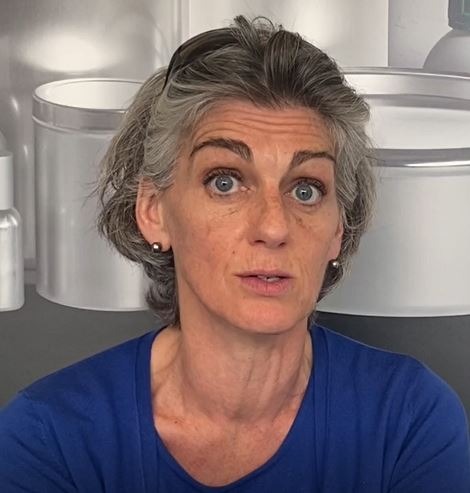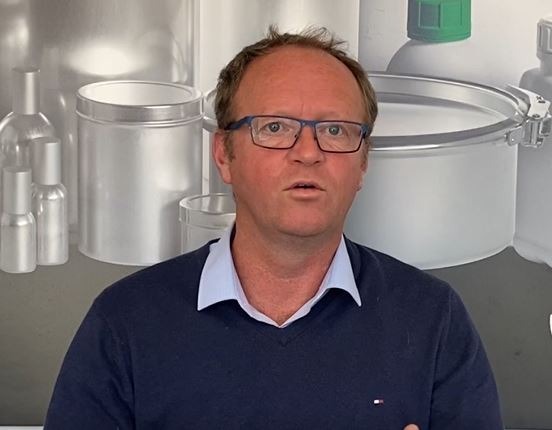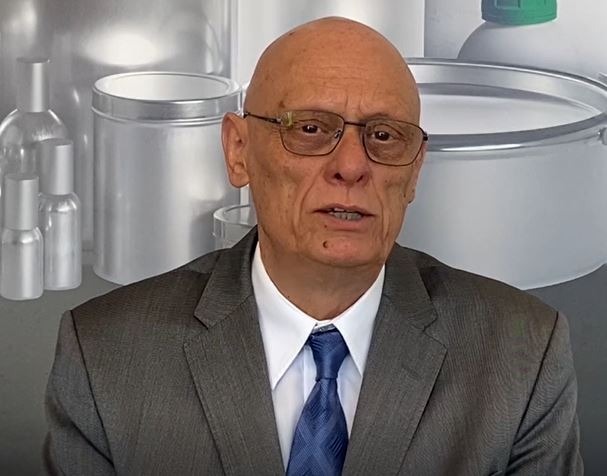Interview with Cécile Bergia
Manager of the Quality Control Laboratory at TOURNAIRE
Please can you introduce yourself and tell us what your job involves?
Hi, my name is Cécile Bergia and I manage TOURNAIRE’s Quality Control Laboratory. This is where we monitor the performance of manufactured products using a whole battery of tests.
Why has TOURNAIRE developed this Quality Control Laboratory in-house?
We inaugurated our Quality Control Laboratory this year to meet our customers’ performance needs and to keep ahead of new regulations. The lab runs more autonomously, with more powerful appliances, in an ever-cleaner environment.
What does this lab have to offer TOURNAIRE’s customers?
Our remit is three-fold. Firstly, it is to monitor the quality of our manufactured products. We test to ensure the smooth working of seals and waterproofing and to characterise particulate cleanliness. Moreover, since our packaging is approved to ship hazardous materials, we have to test for falls, pressure, and stacking, in order to achieve compliance with these regulatory requirements.
The second part of our remit is to support the Design Department, as it strives to develop ever more effective packaging, tailored to our customers’ needs. We work independently to them, conducting all related testing.
The third and final part of our remit is forward-looking, in that it involves providing support for our customers with respect to these various issues. Whether we’re testing for chemical compatibility or challenges they may face in-house, we help them resolve their various issues.
How does TOURNAIRE’s Quality Control Laboratory stand out from the crowd?
With the TOURNAIRE Quality Control Laboratory, we are now in a position to conduct over 60 tests, with a very broad spectrum to characterise all our products’ features. It’s not just about waterproofing, since we also test characterisation of cleanliness, sealing and resistance to falls. We can conduct all these tests independently and swiftly and no longer have to rely on outsourcing to other laboratories.




